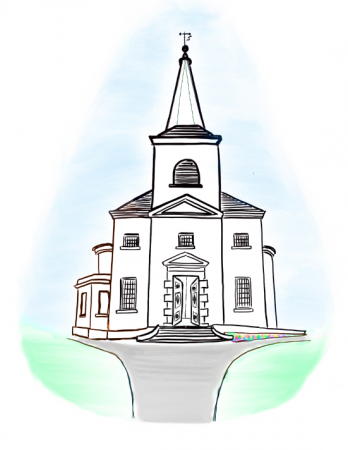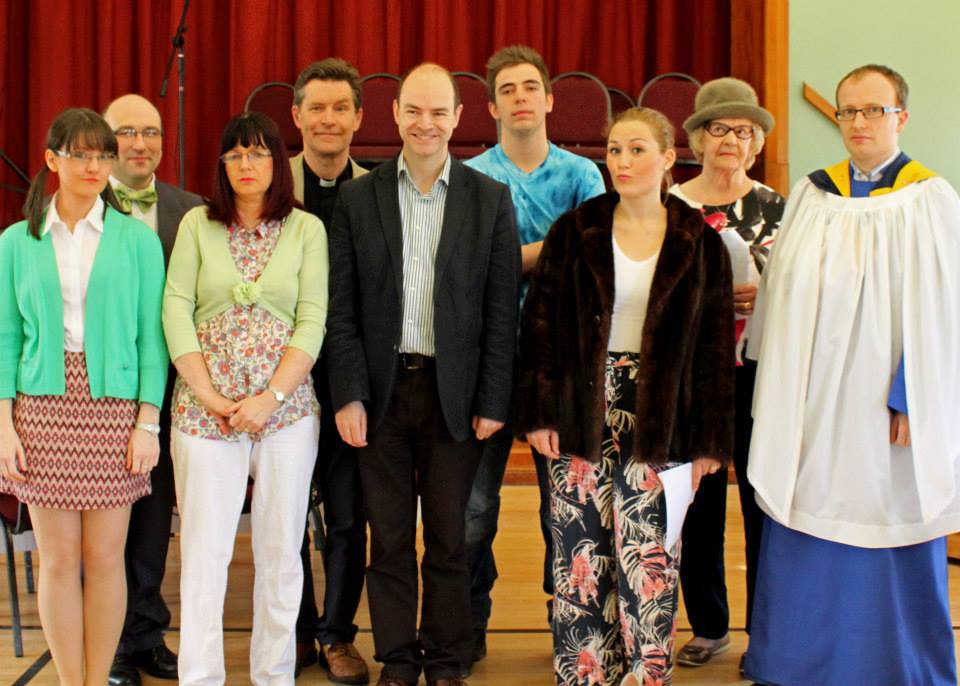‘Grace to you and peace from him who is and who was and who is to come, and from the seven spirits who are before his throne, and from Jesus Christ, the faithful witness, the firstborn of the dead, and the ruler of kings on earth.’
Revelation 1.4-5
Each year as St Patrick’s Day approaches I often wonder if the revellers celebrating March 17th with parades, green beer, fancy dress and all the rest are actually aware of the fact that Patrick was not Irish! He was likely Welsh – but certainly British. Patrick was a British missionary to Ireland. He was born around 390AD into a Christian family. His father was a Deacon and his grandfather a Presbyter (the clergy were free to marry even in those days). He had a good solid Roman education. Then when he was 16 years old he was kidnapped by Irish raiders and forced to shepherd sheep on the hills of East Antrim.
When he was in Ireland he found the Lord and turned to Christ in repentance and faith. Later in life he described his conversion like this: ‘I recognized my failings. So I turned with all my heart to the Lord my God, and he looked down on my lowliness and had mercy on my youthful ignorance.’ Before that he spoke of his life as having ‘gone away from God’ and not listening to ‘how we could be saved.’
After six years of slavery he escaped back to Britain, eventually becoming a bishop, and returning to Ireland in 432AD. He spent the rest of his life in Ireland, evangelising, teaching, preaching and ordaining clergy. He turned the whole island away from violent paganism. Confident in his own faith and with a personal knowledge of forgiveness Patrick writes of his mission:
‘That is why I cannot be silent – nor would it be good to do so – about such great blessings and such a gift that the Lord so kindly bestowed in the land of my captivity. This is how we can repay such blessings, when our lives change and we come to know God, to praise and bear witness to his great wonders before every nation under heaven.’
We know more about St Patrick than we do about many of the other early saints, missionaries and evangelists because we have two documents which he wrote: his Letter to the soldiers of Coroticus and his Confession. Through these short documents we learn something of the true Patrick.
In his last days he wrote his “Confession”, which tells of his life, his beliefs and his evangelistic work. In it we see something of Patrick’s passion for God and for the lost. It is filled with hundreds of Biblical quotations and allusions. And in it he famously teaches us about the Holy Trinity (see also the text above).
‘There is no other God, nor will there ever be, nor was there ever, except God the Father…and his son, Jesus Christ,… He has generously poured on us the Holy Spirit, the gift and promise of immortality, who makes believers and those who listen, to be children of God and co-heirs with Christ. This is the one we acknowledge and adore – one God in a trinity.’
We honour St. Patrick’s Day as we come to believe in the Triune God Patrick knew and bore witness to.






